With the increasing popularity of Electric vehicles in India and the government’s push towards them, EV charging stations are the need of the hour. A few years ago, EV charging stations were nowhere to be seen in India but there has been a boost recently and a robust infrastructure is expected in the coming years.
Do you know how many EV charging stations there are in India?
Infrastructure needs to be developed if EVs are to be in full force in India. In the last few years, tremendous work has been done on that front. There are a total of 10469 EV charging stations in India, across cities.
Who is installing the most EV charging stations in India?
Tata Power has the highest number of charging stations in India, with over 4,800 public and semi-public chargers across 450 cities.
ChargeZone, a Gujrat-based startup, has 1,750 charging stations and 3,500 charging points across the country. They have installed multiple chargers on the Mumbai-Delhi Expressway and Mumbai-Bangalore Expressway and aim to establish one million charging points by 2030.
Magenta Mobility’s charging station arm, ChargeGrid, has over 1,100 chargers across India, including prominent cities like Mumbai, Pune, Hyderabad, Huballi, Ahmedabad, and Bangalore. Apart from these, companies like GLIDA (454 charging points) have a substantial stake in EV charging stations.

Also, conventional fuel pumps like JioBp, HP, and Shell have started providing EV charging stations within their fuel pump facility. Even local governments, like in Maharashtra, MSEDCL (Maharashtra State Electricity Distribution Company Limited), have taken the initiative to put chargers in a few public places.
Which state has the highest number of EV charging stations?
According to statistics from the Bureau of Energy Efficiency (BEE), Karnataka (5,059) has the highest number of EV charging stations in India. This is because Karnataka became the pioneer in India by introducing the first electric vehicle (EV) policy in 2017.
To create a robust electric vehicle ecosystem in Karnataka, the state government unveiled a revised draft EV policy (2023-28) last year, which aims to attract ₹50,000 crore in investment while creating job opportunities for one lakh people.
In Karnataka, the registered number of EVs has moved up from 9,703 in 2020 to 33,306 in 2021, 95,892 in 2022, and 1.52 lakh in 2023.
Maharashtra (3,079), Delhi (1,886), Kerala (958), Tamil Nadu (643), Uttar Pradesh (583), and Rajasthan (500) stack up behind Karnataka in installing EV charging stations.
What is the cost of charging at an EV charging station?
The cost of charging at an EV station may be calculated per kWh of electricity used or based on the charging time. The cost can also vary according to the charging speed provided by the charger.
The price of charging the car at home can be easily calculated with its battery power. For example, if the MG Comet EV has a 17.3 kWh battery, multiply it by the tariff rates (let’s take 7 per unit). So, going by that rate, it will cost approximately Rs.121.
The cost of charging at an EV charging station is usually a little more expensive than charging at home.


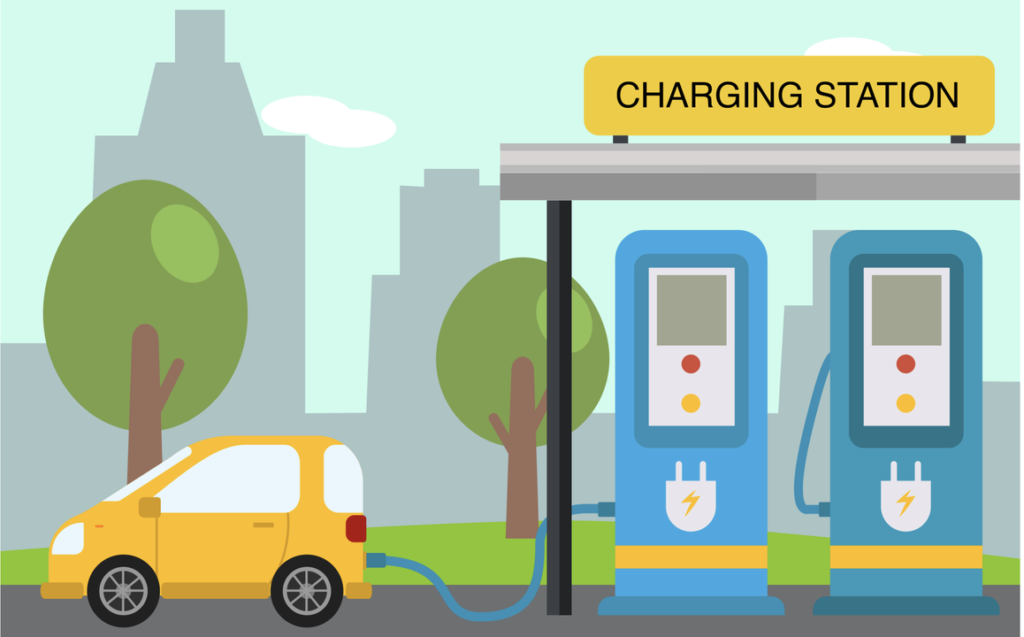
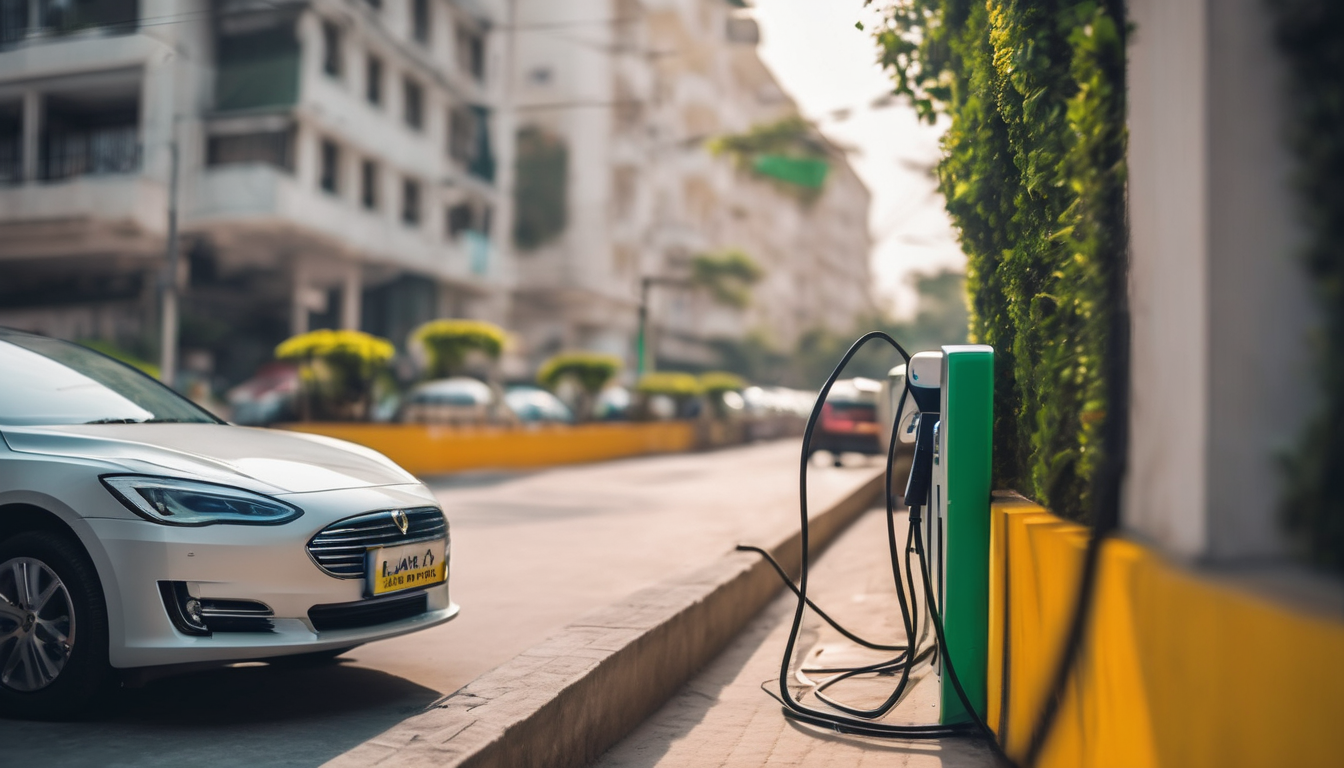
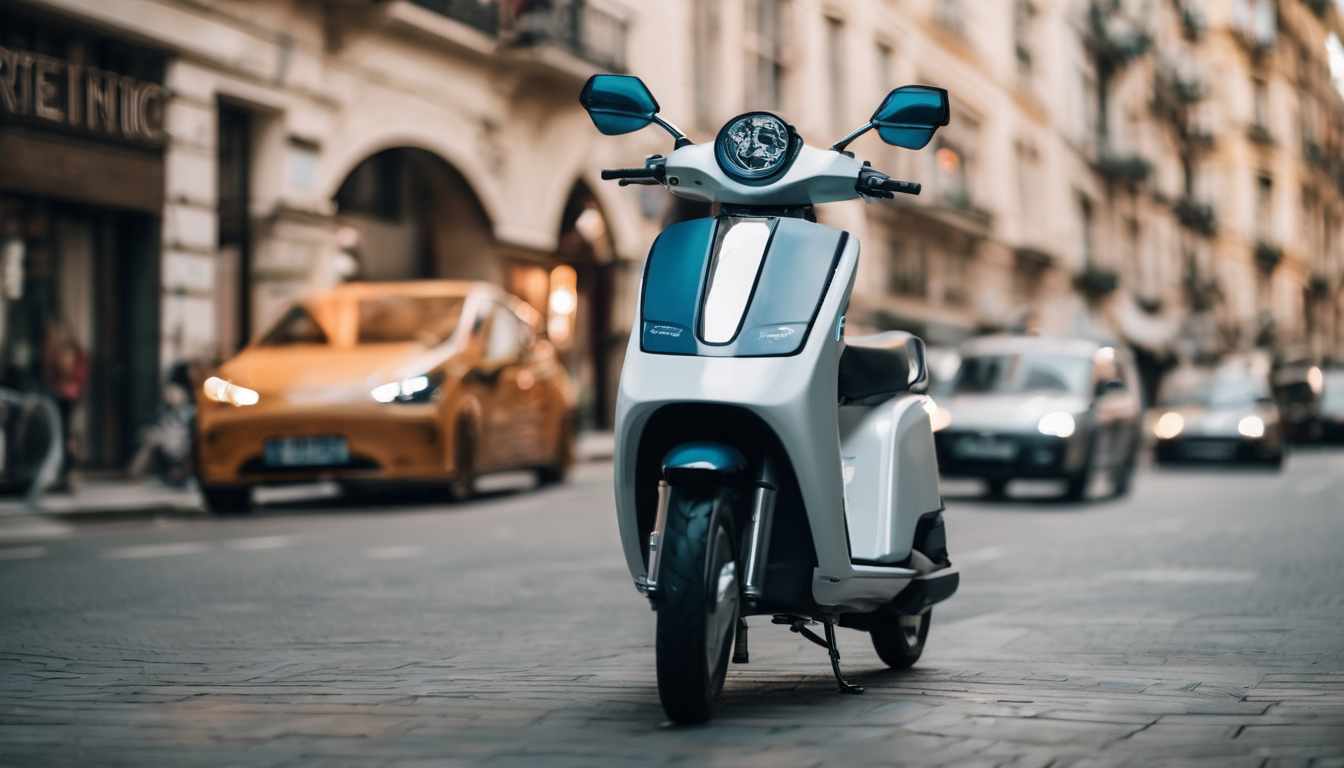
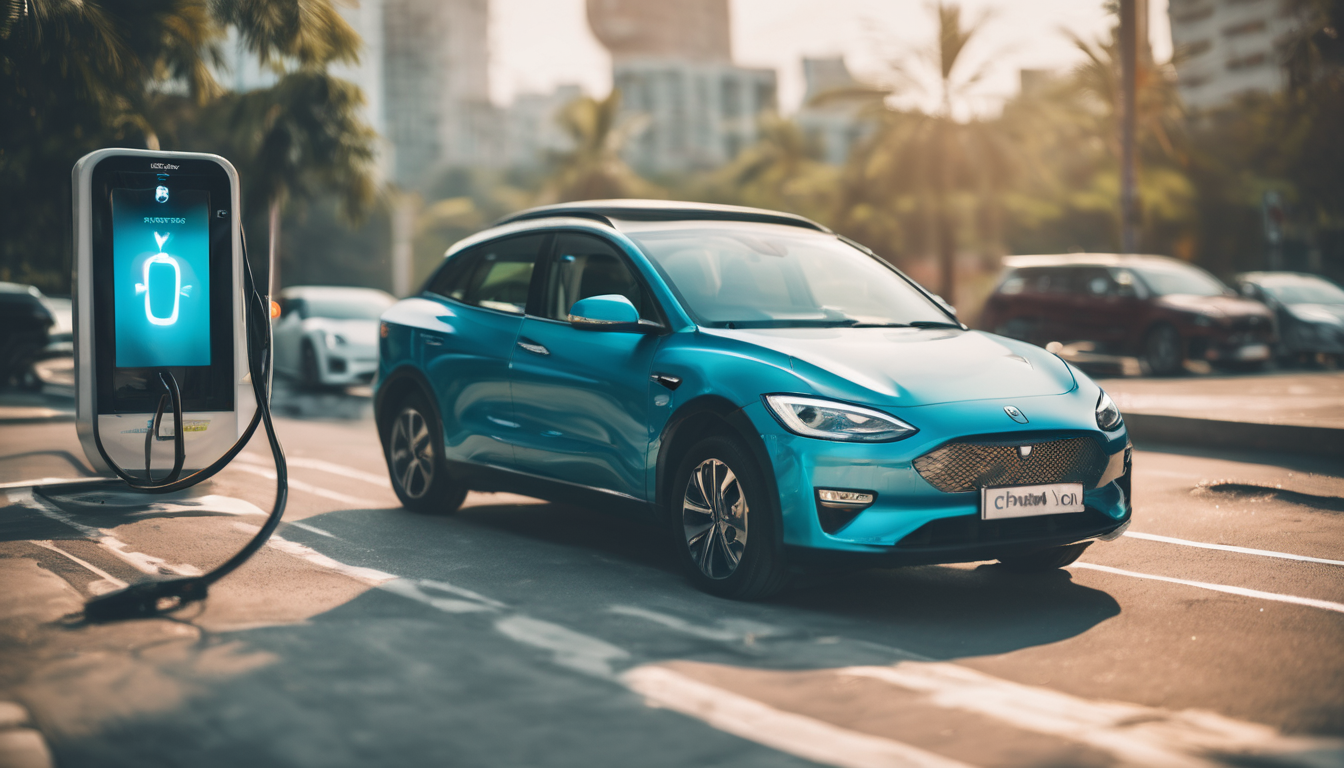
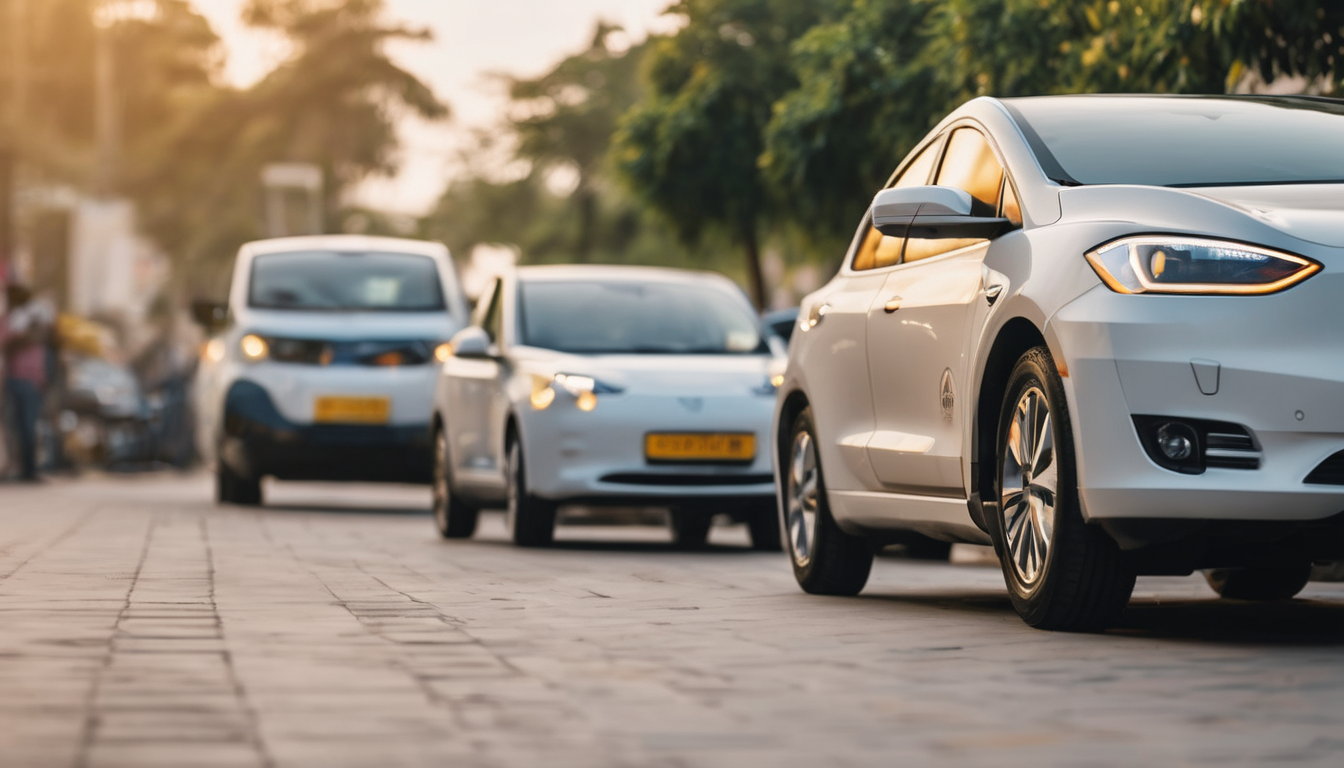
[…] ₹60.97 lakh for the GT-Line model and ₹65.97 lakh for the GT-Line AWD model. It competes with EVs like the Mercedes-Benz EQA, Volvo C40 Recharge, and BMW iX1. The company brought only 100 units of […]